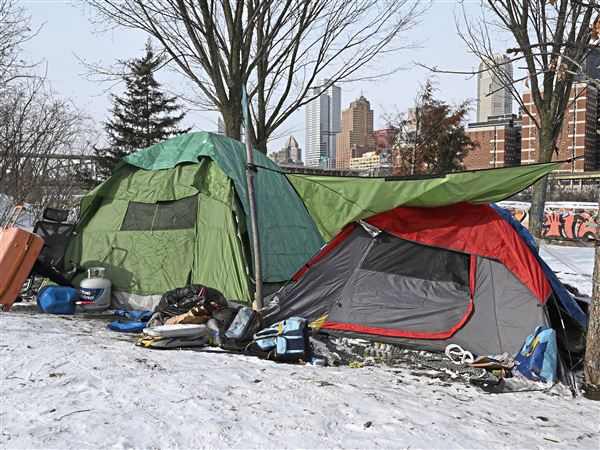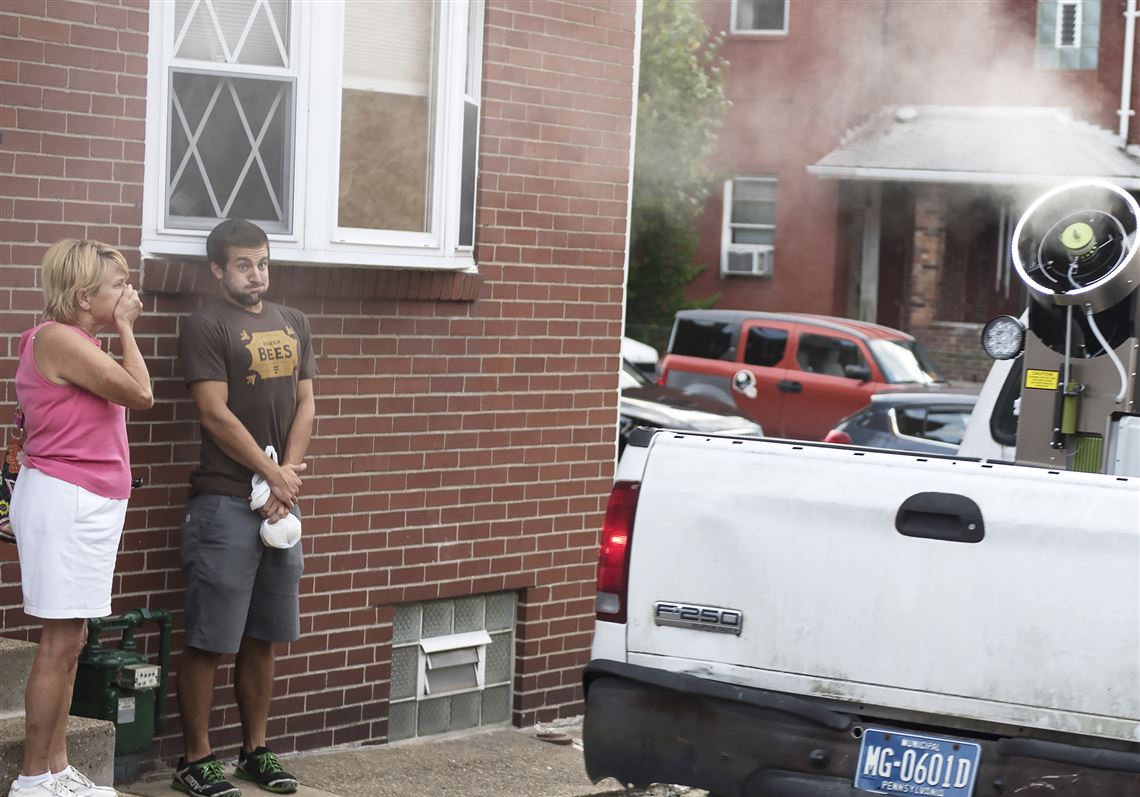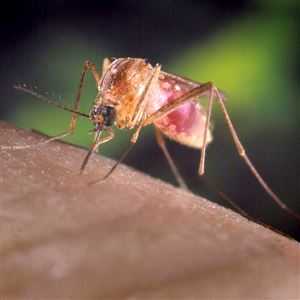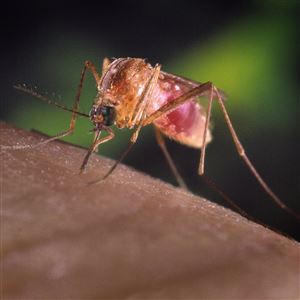There’s a louder than usual buzz in Pennsylvania this summer, and that’s not a good thing.
Heavy rains throughout the state this year have produced perfect mosquito breeding conditions, and according to the Pennsylvania Department of Environmental Protection the percentage of the insects carrying the West Nile virus is at the highest level since it first appeared in the state in 2000.
And that means the the disease, which has infected one person this year and more than 150 people in Pennsylvania in the past six years, is on track to pose “an unusually higher than normal risk this year,” the DEP said in a Friday news release.
The virus is also more widespread this year and has been found in 51 of the state’s 67 counties as of the end of July.
“With record levels of West Nile virus activity in mosquitoes already found, we are at increased risk of disease from a bite of a mosquito. It is imperative that Pennsylvania residents take common-sense precautions to protect themselves from mosquitoes,” said DEP Secretary Patrick McDonnell.
He said precautionary measures include eliminating places where mosquitoes can lay eggs, using insect repellent and other protective measures, like wearing long pants and long-sleeved shirts in mosquito-prone areas.
The state is also spraying pesticides on a targeted basis, and the Pennsylvania Department of Health has issued an advisory through the Health Advisory Network to alert medical professionals about the risk of West Nile virus this year.
The Allegheny County Health Department announced July 27 that the year’s first probable human case of West Nile virus in the county had been identified. From 2013 through 2017 there were six reported cases in Allegheny County.
In July the health department said that mosquitoes from Penn Hills, Wilkinsburg, and Pittsburgh’s West End, Point Breeze, Homewood and North Side neighborhoods, had tested positive for the virus.
Symptoms of West Nile virus in humans typically resemble those of a mild flu, but the virus can lead to a more serious condition that includes swelling of the brain, muscle convulsions, coma, paralysis, and death.
“While the symptoms may not seem threatening in the vast majority of cases, serious impacts to health can occur from being bitten by mosquitoes that carry this virus,” said Mr. McDonnell.
Since DEP first began monitoring for the virus in 2000 there have been 33 fatal cases of West Nile virus in Pennsylvania.
The virus can also have devastating effects on bird populations as well. Pennsylvania’s state bird, the ruffed grouse, has been hit especially hard by the virus, said Matt Helwig, a biologist with the DEP mosquito program. He said the winter hunting season for the bird has been reduced as a result of the virus and habitat loss.
Mosquitoes acquire the virus by biting infected birds and transmit the virus to people through a subsequent bite.
In reaction to the increased West Nile risk, state legislators and Governor Tom Wolf recently approved a $140,000 increase to the state’s West Nile virus program budget. The program seeks to reduce mosquito habitat and targets cleanup of dumps containing abandoned tire piles and other stagnant water sites.
“It doesn’t take much for several hundred mosquitoes to be born. The small pool of water that collects in a single upturned bottle cap is an incubator for as many as 300 mosquito eggs,” said Helwig.
The DEP said it will continue to partner with counties in the state to conduct routine, localized spraying to control mosquito populations infected with the virus. The spraying is done in limited areas, based on mosquito population survey results.
“Control operations are a strong tool, but they are not a substitute for preventive measures like eliminating standing, stagnant water,” said Helwig.
The DEP urged state residents to eliminate mosquito habitat on privately owned land. Common places water can accumulate are outdoor features like potted plants and birdbaths, yard debris like, storage bins, kids’ toys (including kiddie pools), rain gutters, and even corrugated downspouts.
“Mosquitoes are weak flyers and won’t travel far from where they are born — if there are mosquitoes in your backyard or neighborhood, they are likely laying eggs there as well,” said Helwig. “If you’re being bitten by mosquitoes, they are 9 times out of 10 coming from your property. Get rid of even small amounts of standing water around your home.”
Don Hopey: dhopey@post-gazette.com, 412-263-1983, or on Twitter @donhopey
First Published: August 3, 2018, 8:41 p.m.



















